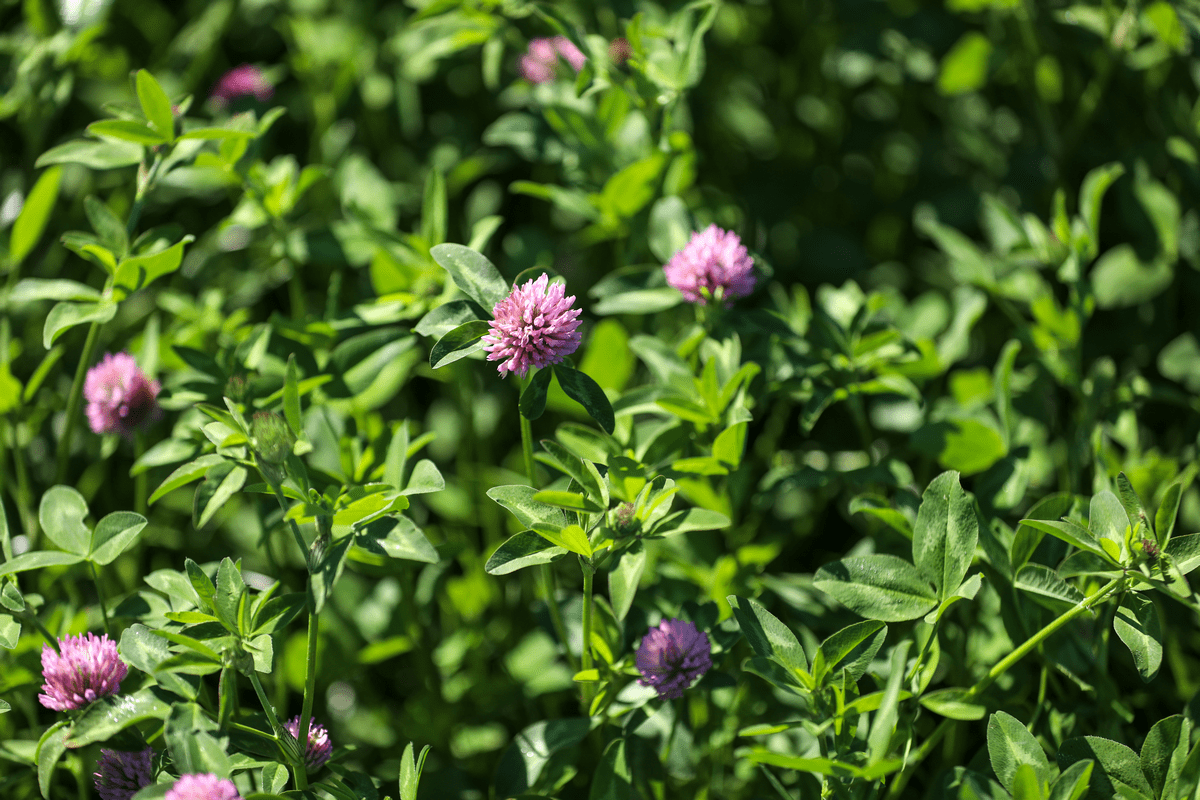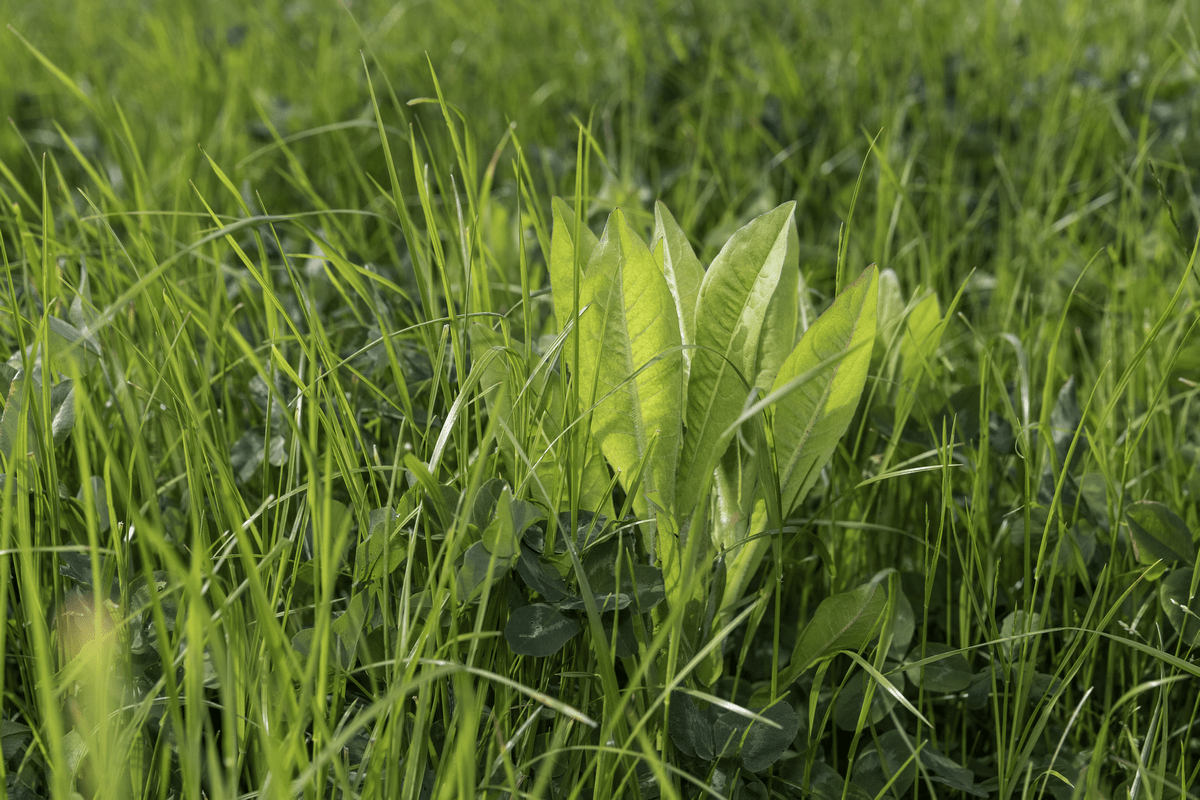With Irish agriculture tasked with cutting greenhouse gas (GHG) emissions by 25% by 2030, grassland expert Dr Mary McEvoy explains how climate smart grass and clover varieties can help produce nutritious food while reducing the use of chemical nitrogen fertiliser.
Climate smart forage
Grazed grass makes up high percentage of ruminant diets, so will have a significant impact on the carbon footprint of milk and meat production - using climate smart forage species will ensure the impact is positive.
By helping to drive efficient food production, these forages lower the carbon footprint and cost of each kilogramme of milk or meat produced by reducing the need for inputs.
Some forages, such as clovers, fix nitrogen from the atmosphere in the soil, while others improve soil structure and fertility, and tolerate the climate extremes in our changing environment.

Nitrogen fixing clovers
Clovers, both red and white, are highly digestible, high-protein, homegrown forages which drive production. Their nitrogen-fixing ability is well understood, and as input costs have risen and environmental requirements have become more pertinent over the past few years, this has become even more valuable.
The positive effects of including clover in the sward on dry matter (DM) yield is best seen at low N application rates, making it efficient financially as well as environmentally sound.
High Sugar Grass varieties
Germinal's Aber High Sugar Grasses (Aber HSG) bring production gains, quantified by research as milk production increases by 6% and liveweight rises by 20% in beef and sheep. When used at scale, High Sugar Grasses are also scientifically proven to reduce emissions from livestock.
The high water-soluble carbohydrate content (sugars) feeds microbes in the rumen resulting in more of the plant protein being converted into amino acids, the building blocks of meat and milk. With more efficient protein use, less is wasted reducing GHG emissions of ammonia and nitrous oxide.
Benefits of multi-species swards
Using a diversity of species brings the benefits of superior sward performance through complementary plant species providing high-quality livestock feed throughout the summer. Multi-species swards also improve soil structure and fertility, increase biodiversity and reduce the requirement for artificial nitrogen.
The performance of multi-species swards during periods of drought has received particular attention as the benefits of including a variety of species with deep root structures have been realised.
 Germinal's LandStrong range of environmentally friendly multi-species mixtures supports sustainable farming systems. Speak to your local seed merchant or Germinal grass and forage expert for advice on the mixture best suited to your farm's conditions.
Germinal's LandStrong range of environmentally friendly multi-species mixtures supports sustainable farming systems. Speak to your local seed merchant or Germinal grass and forage expert for advice on the mixture best suited to your farm's conditions.
The future of sustainable farming
Research is at the heart of what Germinal does, always looking to innovate and develop species to deliver performance while responding to the demands of a changing climate.
The increasing portfolio of climate smart forage options and variety innovations including clovers, high sugar grasses and multi-species is showing real promise.
Germinal's new DoubleRoot hybrid clover, for example, mixes white and Caucasian clover genetics to provide plants with greater tolerance to drought and cold conditions. It is also better able to withstand grazing, an attribute being developed in red clovers too.
With current research looking at lipids in grasses and the root structure and persistency of all forages, you can trust Germinal to develop the climate smart solutions of the future.
Ask for Germinal's climate smart grass and forage
